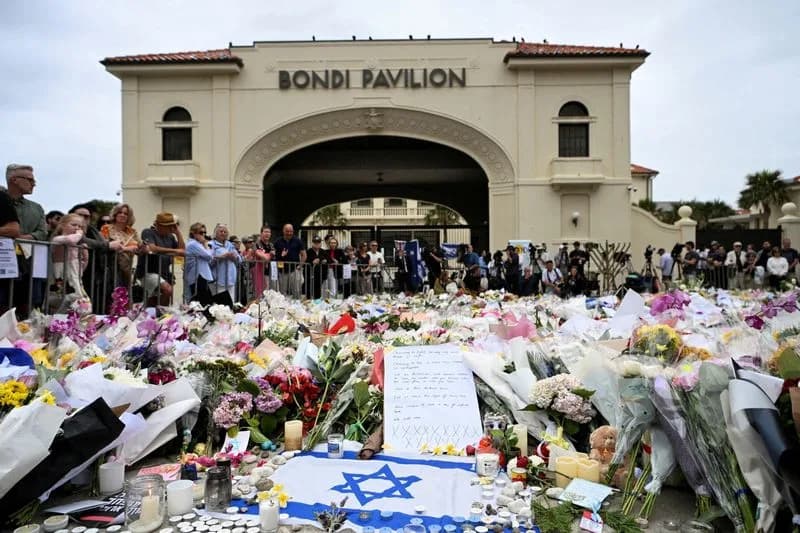Bookseller Lyubov Belyatskaya has warned of a growing "climate of widespread anxiety" in Saint Petersburg as authorities tighten controls over artistic expression and dissent in the wake of Russia's 2022 offensive in Ukraine.
From Russia's cultural heart to a shrinking public sphere
Once billed as Russia's "window to Europe," Saint Petersburg has long been the country’s cultural capital — a centre for independent thought, experimental art and underground dissent. But Belyatskaya says the city is retreating inward as officials seek to extinguish even subtle signs of public opposition to the Kremlin or the Ukraine campaign.
"We can no longer write the way we used to, joke about certain things," she told AFP. "Both our words and actions are severely restricted."
The effect can be seen on the shelves of her central bookshop, Vse Svobodny ("Everyone is free"). "Every week we literally have to remove books for one reason or another," she said.
Legal pressure and labels
Since February 2022, authorities have deployed a broad legal toolkit to silence critics of the campaign in Ukraine. Wartime censorship laws now carry prison sentences of up to ten years for those judged to be in breach. Some figures are outright banned — including the late opposition leader Alexei Navalny — while other writers and public figures are forced to sell their work bearing large "foreign agent" labels. Prominent authors such as Lyudmila Ulitskaya and Boris Akunin have been affected and many cultural figures have left the country.
Artists, musicians and street performers under pressure
The crackdown has had particular resonance in Saint Petersburg — President Vladimir Putin's home city — historically a hotbed of free thinking. Contemporary rock icons from the city, like Boris Grebenshchikov and Yuri Shevchuk, have publicly criticised the Ukraine offensive. Yet local activists say the sense of exceptional freedom is wavering.
One high-profile example is Diana Loginova, an 18-year-old street musician known as Naoko, who has been jailed after performing impromptu anti-war songs. She received three short consecutive prison terms on charges including disrupting public order, "discrediting" the Russian army and organising a mass gathering.
"To prosecute somebody for a song — seriously?" asked Serafim, a 21-year-old music student who attended a hearing in support of Loginova.
Some performers say they have stopped appearing in public after videos of underground shows circulated online. Musicians report new bureaucratic barriers to street performances. Platon Romanov, who runs the independent Fahrenheit 451 bookshop, summed up the mood: "You just need to understand what times we live in. Singing songs by banned musicians on the street — why? It's pointless; they'll come and shut it down."
What this means for Saint Petersburg's future
Local booksellers and artists say many creators have already left the city. "Many, many people — artists, poets and musicians — have left," Romanov said. "Life has changed significantly." The tightening control over books, music and public expression suggests that Saint Petersburg’s long-standing role as a counter-cultural hub is under serious strain.



































